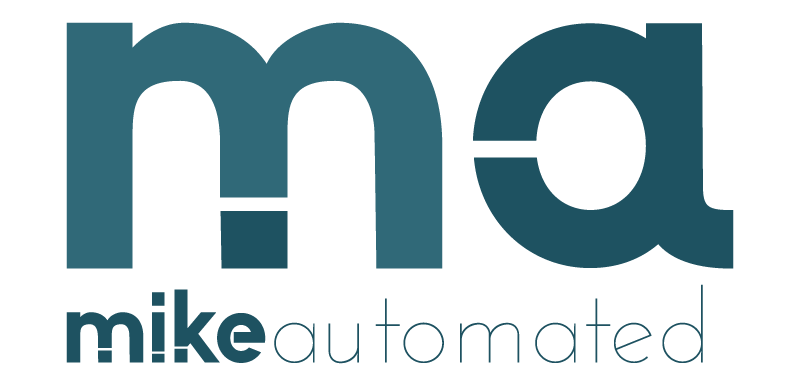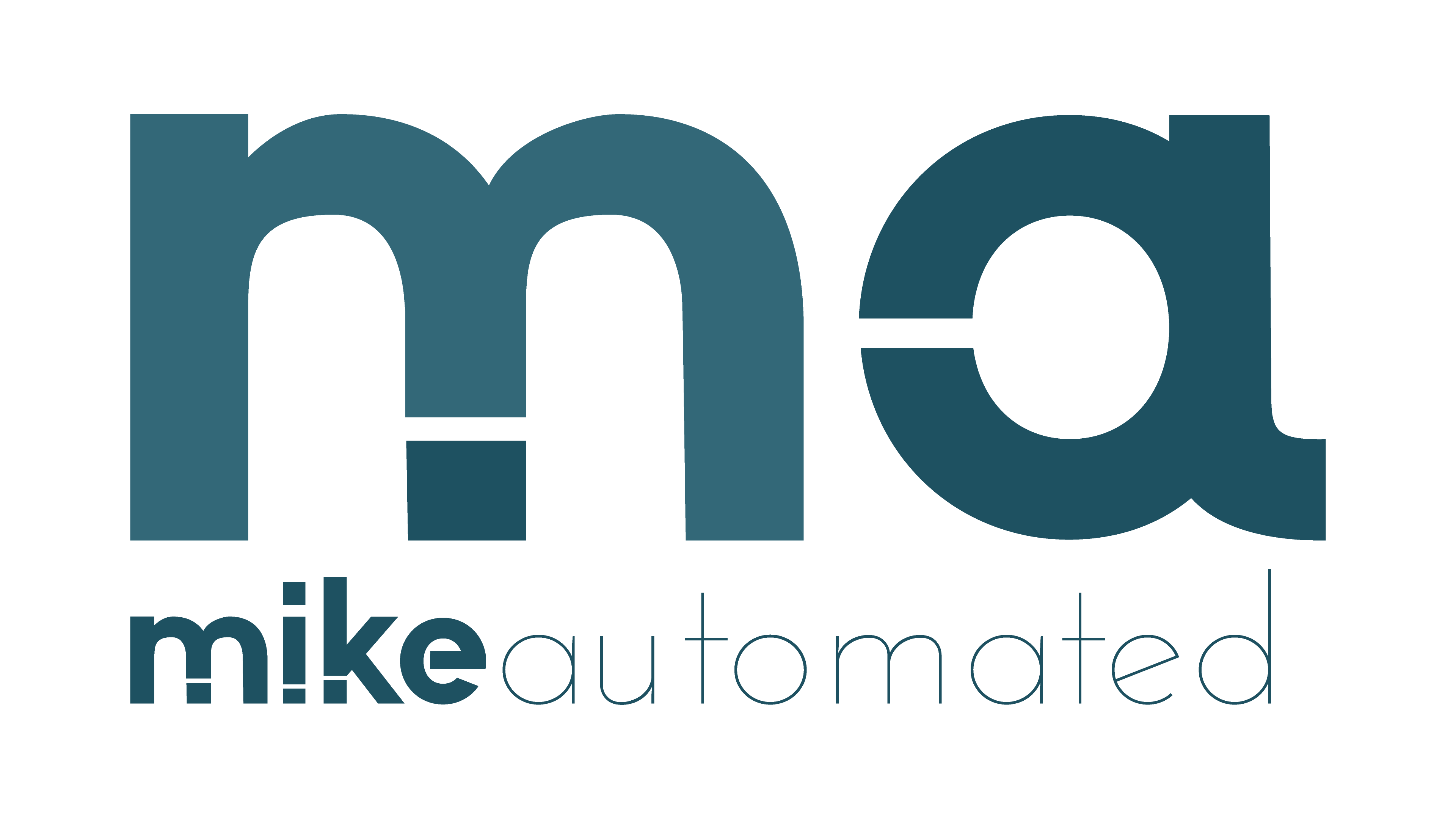TL;DR:
- AI ethics focus on balancing innovation and societal values. Developers face key moral issues in justice, bias, and accountability.
- Transparency in AI decision-making is critical. Consumers and regulators need clear explanations of how AI systems operate to trust them.
- AI applications in warfare, healthcare, and hiring pose unique ethical challenges, pushing debates about control and fairness.
- Actionable strategies, like diverse data training and ethical guidelines, are essential to mitigate AI risks.
- Long-term AI governance requires collaboration across industry, government, and academia.
What Are the Main Moral Dilemmas in AI?
As AI evolves, it often raises questions about fairness, responsibility, and consequences. Let’s break down the key dilemmas developers and policymakers face.1. Bias in AI Systems
A primary concern is bias in AI decision-making. Algorithms trained on biased data unintentionally replicate prejudices, leading to unfair outcomes. For instance, AI used in hiring has been found to discriminate against certain demographics if historical hiring practices were biased. Actionable Solution: Developers must diversify training data, test for unintended biases, and incorporate fairness metrics into their models.2. Responsibility and Accountability
Who is accountable when AI makes mistakes? This question is at the core of AI ethics. When autonomous vehicles crash or predictive AI misdiagnoses patients, the responsibility often blurs between creators, managers, and users. Proposed Strategy: Implement accountability frameworks with clear ownership at every step of AI development and deployment. Legal systems may also need to adapt to handle AI-related cases.3. Privacy vs. Innovation
AI relies on vast amounts of data to function effectively. However, the expansive use of personal data raises privacy concerns. For example, facial recognition AI can enhance security, but it can also violate individuals’ privacy if misused. Balancing Act: Stakeholders must prioritize developing AI systems that comply with stringent data protection laws, like GDPR, while innovating responsibly.How AI Poses Ethical Challenges Across Industries
AI’s applications differ across industries, but moral dilemmas are common threads. Below are examples of key challenges specific to certain fields.Healthcare
AI assists in diagnosing diseases and creating personalized treatment plans. However, it might misdiagnose patients, potentially putting lives at risk. Moreover, the use of AI in healthcare often raises concerns about data consent.Warfare
The development of AI-powered weapons creates debates about their use and control. Countries deploying autonomous weapons risk escalating conflicts with systems they may fail to control fully.Hiring
AI tools in hiring promise efficiency but may inadvertently perpetuate biases in candidate selection, especially if the training data reflects existing societal inequalities. Suggested Visual: An infographic comparing AI ethics issues across these industries could simplify their complexity for general readers.Why Transparency is a Cornerstone of Ethical AI
Transparency is critical to ensuring people trust AI systems. Consumers and regulators need clear answers to how AI systems make decisions. Yet, many machine learning models operate as “black boxes,” meaning their processes are difficult to interpret even for creators. Improving Transparency:- Explainability in AI models: Developers should create tools that allow humans to understand how AI produces specific outputs.
- AI labels for consumers: Similar to food labeling, transparency tools can identify AI-powered decisions (e.g., in advertisements).



